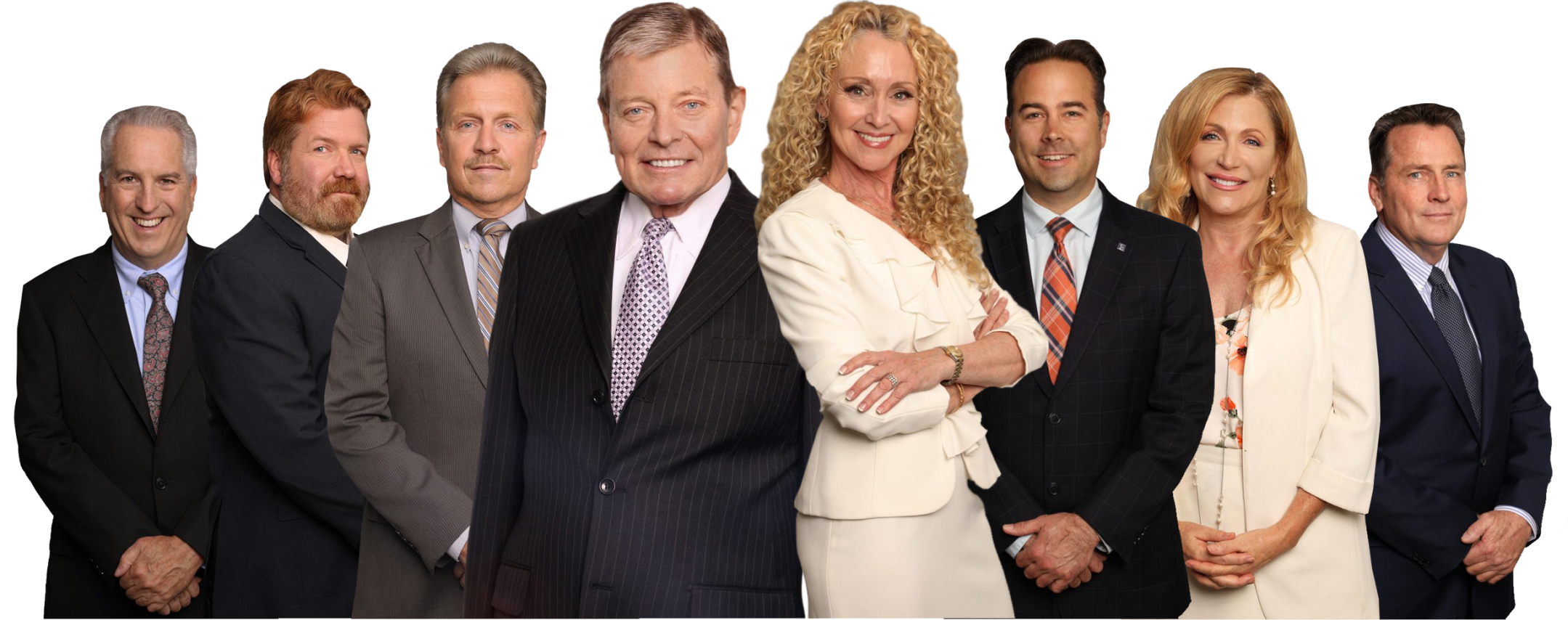A Kansas Deputy Sheriff was on routine patrol when he observed a pickup truck. The Deputy ran a license plate check on the truck and discovered it belonged to Charles Glover (“Glover”). The Deputy also learned that Glover’s driver’s license had been revoked. The Deputy pulled the truck over solely because he assumed that Glover was the driver. There was no suggestion that the Deputy observed any other traffic violation or even saw the driver before initiating the traffic stop. When the Deputy contacted the driver, he determined it was Glover who was driving the truck. Glover was charged with driving a vehicle as a habitual violator under a Kansas statute.
Glover made a motion in the District Court to suppress all evidence from the stop, which would include the observation of the Deputy that he was the driver of the vehicle. Glover claimed that the Deputy lacked a reasonable suspicion to stop him. The District Court granted the motion, but the Court of Appeals reversed, stating “it was reasonable for [the Deputy] to infer that the driver was the owner of the vehicle” because “there were specific and articulable facts from which the officer’s commonsense inferences gave rise to a reasonable suspicion.”. The Kansas Supreme Court, in turn, reversed – holding that the Deputy had violated the Fourth Amendment by stopping Glover without a reasonable suspicion of criminal activity, stating instead, he had “only a hunch” of criminal activity..
The Supreme Court reversed the Kansas Supreme Court – holding that an officer may make a brief investigative traffic stop when he has “a particularized and objective basis” to suspect legal wrongdoing. This level of suspicion is less than that necessary for probable cause and “depends on the factual and practical considerations of everyday life on which reasonable and prudent men, not legal technicians, act.” Courts must, therefore, permit officers to make “commonsense judgments and inferences about human behavior.”
In this case, the Deputy’s commonsense inference – that the owner of a vehicle was likely the vehicle’s driver – provided more than reasonable suspicion to initiate the stop. The Court noted such an inference is not made unreasonable merely because a vehicle’s driver is not always its registered owner or because Glover had a revoked license. [As if drivers with suspended or revoked licenses rarely continue to drive.] Glover’s primary counter-argument was not persuasive. He argued that the Deputy’s inference was unreasonable because it was not grounded in his law enforcement training or experience. The Court stated such a requirement is inconsistent with the Fourth Amendment because it would prevent an officer from relying on common sense obtained outside of work duties. The reasonable suspicion standard “takes into account the totality of the circumstances.” While the presence of additional facts may have dispelled a reasonable suspicion, the Deputy in this case “possessed no exculpatory information – let alone sufficient information to rebut the reasonable inference that Glover was driving his own truck”.
With modern technology, officers can quickly determine the registered owner of a vehicle and that person’s license status. The Supreme Court has now ruled that it is a reasonable “common-sense” inference the registered owner of a motor vehicle is the driver of that vehicle. One must not forget, however, additional facts may refute a presumption. For example, if the registered owner of a vehicle is known to be an older male, initiating a traffic stop on a young man, or a female, would negate any reasonable suspicion to do so based on the owner’s driving status. In other words, as the Supreme Court might say, rely on your common sense, not just a “common-sense” inference.
Stay Safe and Healthy!
Robert Rabe is Stone Busailah, LLP’s writs and appeals specialist. His 41 years practicing law include 16 years as a Barrister, Supreme Court of England and Wales, practicing in London, England.





